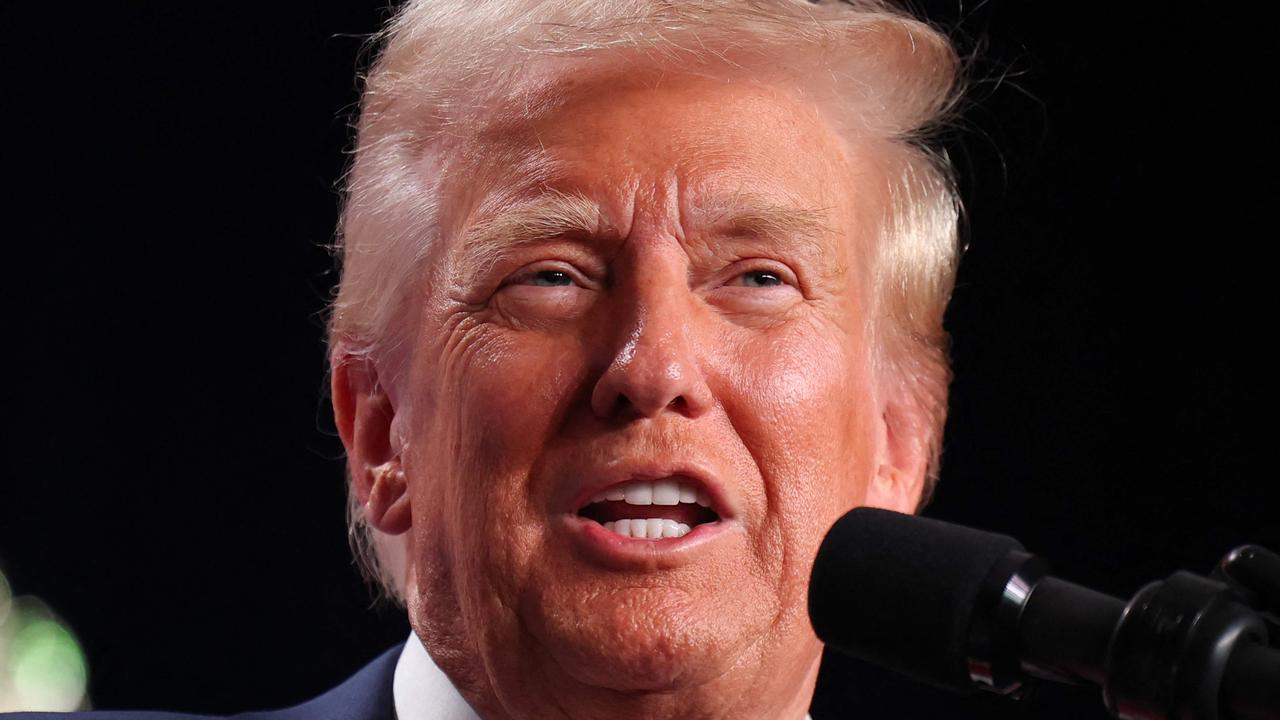Where are they now? Greece joins Zimbabwe, Somalia, Sudan in IMF default
THE catastrophe in Greece could be even worse than we thought. If we’ve learned anything from these other countries, it’s that.
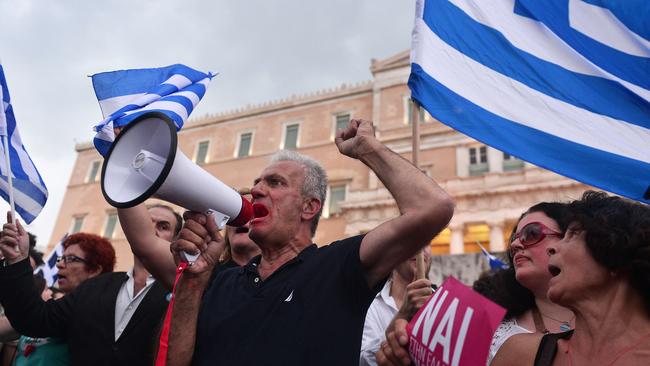
GREECE yesterday became the first developed nation to default on a loan from the International Monetary Fund, missing a €1.6 billion ($A2.19 billion) repayment to the global crisis lender.
Greece joins the company of Zimbabwe, Somalia and Sudan in falling behind in its payments to the IMF. Zimbabwe was the last country to default in 2001, Somalia has been in arrears since 1987, and Sudan since 1984.
Greece currently owes its official lenders €242.8 billion ($A350.74 billion), Reuters calculates, which includes €220 billion ($A317.80 billion) from two bailout loans from the IMF and European governments made since 2010.
• ARGENTINA’S ADVICE FOR GREECE
• NEW HOPE IN GREEK FINANCIAL CRISIS
• GREECE PUSHES AHEAD WITH VOTE PLAN
• WHERE GREECE COULD RESTART TALKS
• GREECE DEFAULTS, BUT WHAT HAPPENS NEXT?
• WHAT A GREXIT WOULD LOOK LIKE
The missed payment marks the first time a eurozone country has defaulted on a loan from the IMF and sets a new record for the size of a missed payment, previously held by Sudan.
Greece is now almost certain to miss a much bigger, €3.5 billion ($A5.06 billion) repayment to the European Central Bank due on 20 July, and ratings agency Fitch says it views a default on government debt held by private creditors as “probable”.
Tim Harcourt, the J.W. Nevile Fellow in Economics at the UNSW Business School, said a Grexit was still not a certainty. “World trade is dependent on stable economies that can pay their way, and the euro has done a lot to facilitate that. The drachma may still not return to Greece,” he said.
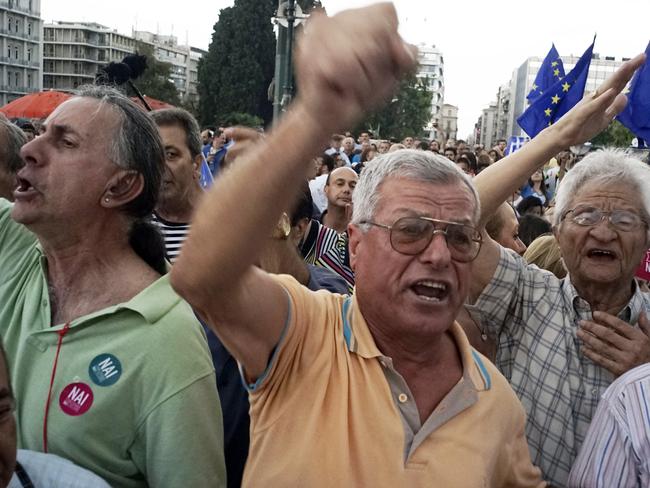
Greece could still restart talks with creditors, and Mr Harcourt added that the consequences of missing an IMF payment were more reputational than practical. “Well they can’t invade, can they? They just get annoyed, say ‘naughty, naughty, naughty’, and that’s about it.
“But at the end of the day, a 67-year-old factory worker in Frankfurt doesn’t want to pay the pension of a 51-year-old Greek public servant in Athens, so the whole European model needs rethinking. And squeezing Greece until the pips squeak through more austerity measures is hardly going to boost growth in Greece and gain the confidence of creditors.”
Mr Harcourt said that the direct trade effects on Australia would be minimal. “We export more to Christmas Island than we export to Greece. Australia if anything will probably benefit in terms of human capital if we get an influx of skilled, educated Greeks moving here as we did in the 1950s,” he said.
Overnight, the 19 eurozone finance ministers announced they were putting any further talks on hold until the result of Sunday’s referendum. In a televised address yesterday, Greek prime minister Alexis urged citizens to vote ‘No’, saying it would not mean that Greece would have to leave the euro, as many European officials have argued.
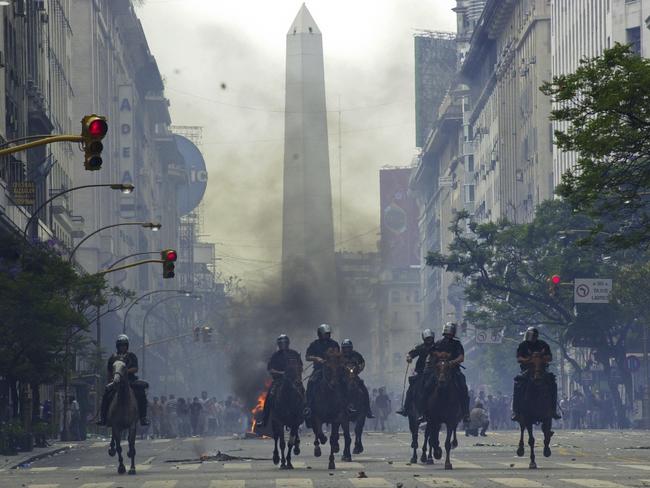
Rather, Tsipras insisted, it would give the government a stronger negotiating position with creditors. “There are those who insist on linking the result of the referendum with the country’s future in the euro,” Tsipras said. “They even say I have a so-called secret plan to take the country out of the EU if the vote is ‘No.’ They are lying with the full knowledge of that fact.”
Meanwhile, Argentina, recalling its own financial crisis 14 years ago, has offered a word of advice to Greece: renegotiate your debt.
Former Argentine economy minister Roberto Lavagna, who is credited with playing a key role in his country’s recovery after its $US100 billion debt default in 2001, told The Associated Press that a “strong restructuring” of its debt is the way to help Greece come out of its crisis and avoid conflict within the European Union.
“It’s not the definitive condition ... but it is necessary [to avoid a political conflict],” he said. “Democracy is worth more than markets.”
So as Greece heads towards a possible exit from the shared currency, with bills from the IMF piling up, how are those other countries doing?
ZIMBABWE
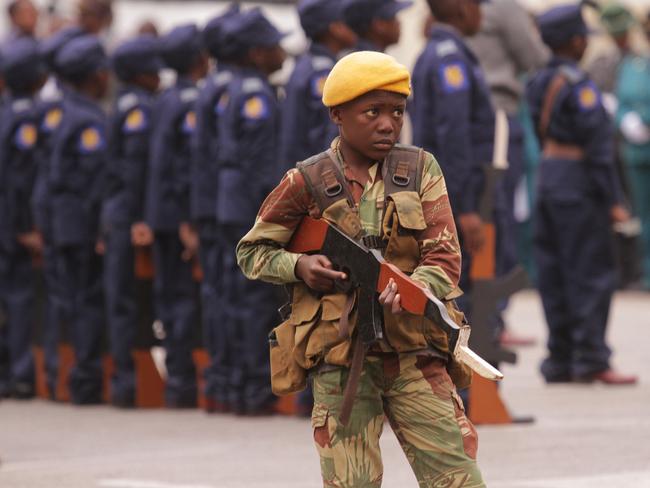
Period in arrears: 2001-present
Amount outstanding: $A145,493,206
Under president Robert Mugabe, Zimbabwe suffered nearly a decade of economic meltdown, marked by a period of hyperinflation which peaked at 500 billion per cent in 2008, forcing the country to abandon its worthless currency.
Earlier this month, Zimbabwe announced it would start exchanging quadrillions of local dollars for a handful of US dollars. Bank accounts with balances of up to 175 quadrillion Zimbabwean dollars would be paid $US5.
Last year, the IMF ruled out lending more money to the southern African nation as it was still in arrears on previous loans from the IMF, the World Bank and the African Development Bank.
IMF outlook: “Zimbabwe’s economic prospects remain difficult. Growth has slowed and is expected to weaken further in 2015. Despite the favourable impact of lower oil prices, the external position remains precarious and the country is in debt distress.”
SOMALIA
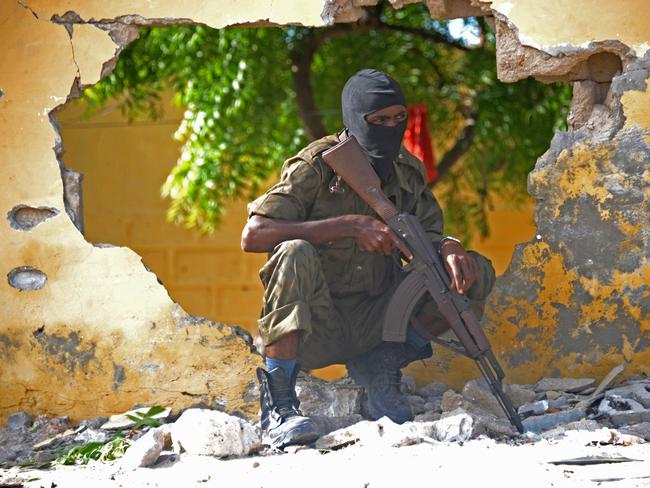
Period in arrears: 1987-present
Amount outstanding: $A430,127,345
Racked by more than two decades of conflict in which its economy and infrastructure were devastated, Somalia only resumed relations with the IMF in 2013 when the lender “officially recognised” the Somali government after a 22-year hiatus.
The nation still has among the poorest living standards in the world and remains reliant on international assistance, which accounts for more than 40 per cent of its budget. The US is working with the World Bank and IMF to help Somalia clear its debts and open up new lending.
Somali banknotes are not widely used and the economy is largely dollarised, but the IMF has warned against currency reform until the country has its act together.
IMF outlook: “Economic activity is estimated to have expanded by 3.7 per cent in 2014, driven by growth in agriculture, construction, and telecommunications. Nevertheless, growth will remain inadequate to redress poverty and gender disparities.”
SUDAN
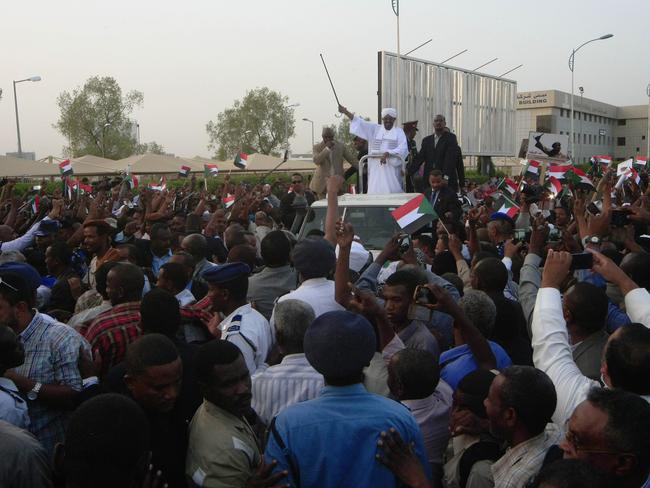
Period in arrears: 1984-present
Amount outstanding: $A1,778,590,203
Oil-rich Sudan has struggled with an enormous debt burden since the 1980s, and the secession of South Sudan in July 2011 took away three quarters of its critical oil revenue. The loss of oil revenues caused rapid inflation due to imported price rises.
With the urging of the IMF, Sudan has been scaling back government spending and raising taxes, sparking anti-government protests. The US still maintains its 1997 sanctions over the North African nation for its role in hosting Islamist militants.
This week, the IMF described Sudan’s progress as “remarkable”, with tight monetary policy and fiscal consolidation bringing inflation below 20 per cent in May and driving growth of 3.7 per cent in 2014.
IMF outlook: “The outlook remains challenging. Sudan’s large external debt and arrears hinder its access to external financing and weigh heavily on its development. This is compounded by the impact of economic and financial sanctions.”


